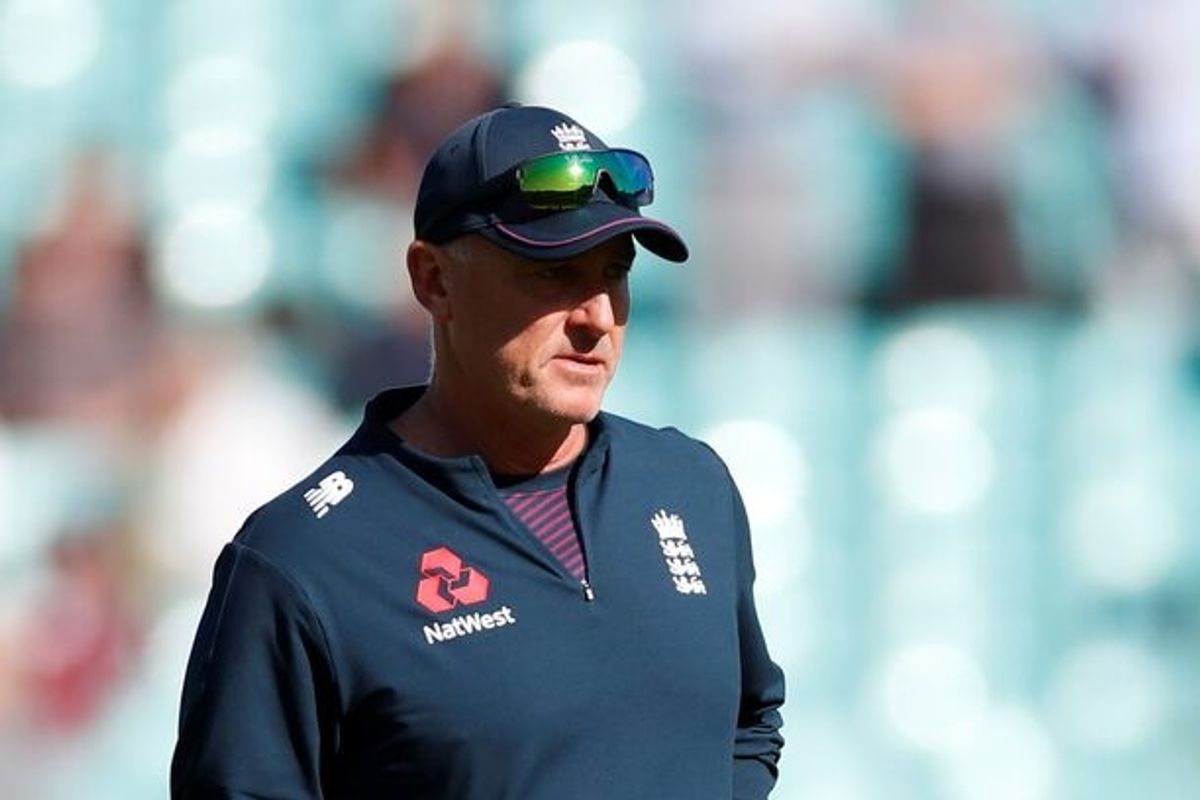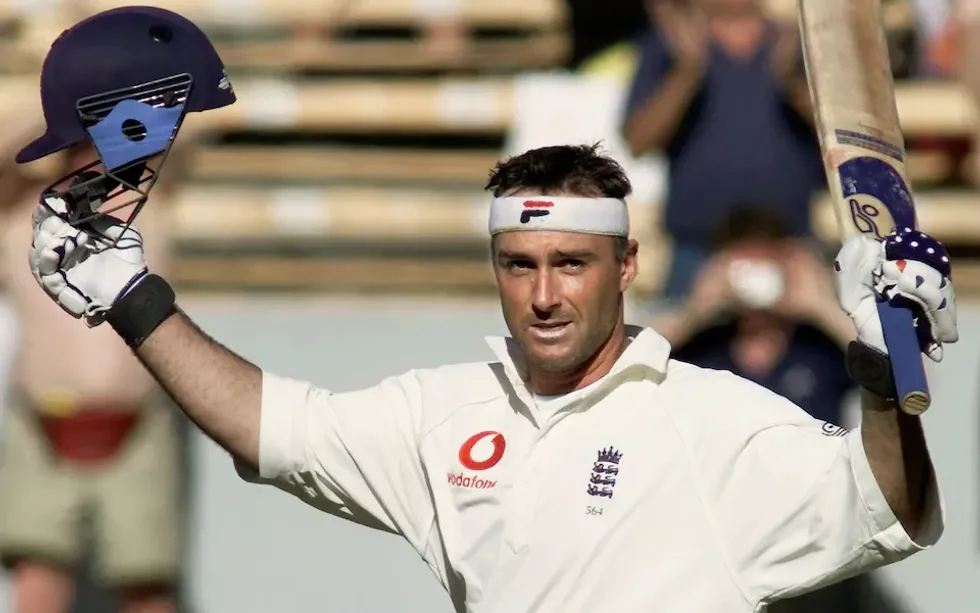Graham Thorpe suicide: Another athlete falls victim to depression

Brashna Kasi
Producer / Correspondent
Brashna Kasi is a sports journalist and digital producer, specializing in cricket coverage. A Fulbright scholar, she has a Master's degree in Magazine, News and Digital Journalism from Syracuse University, New York and has contributed to NPR, Dawn and Geo.

England batting coach Graham Thorpe during the warm up before the match between England and Australia at the Kia Oval, London, on September 14, 2019.
Reuters
Former England cricketer Graham Thorpe is the newest addition to the list of victims who lost their lives to suicide proving depression can strike even the best of athletes.
Amanda Thorpe, wife of the late cricketer, revealed in an interview with the British newspaper, The Times, that her husband took his own life after struggling with anxiety and depression for the last couple of years.
Thorpe, who represented England for 12 years between 1993 and 2005, died last week at the age of 55.

Amanda said that despite having a family, wife and two daughters, who loved him, Thorpe struggled to get better.
“He was so unwell in recent times and he really did believe that we would be better off without him,” she said, adding that they were devastated that he acted on the deadly impulse.
Depression is a serious mental illness that is more than just a feeling of ‘down in the dumps’ or ‘blue’ for a few days, as per the Substance Abuse and Mental Health Services Administration (SAMHSA). Those facing the disease are oftentimes afraid and ashamed of the mental health stigma, leading them to suffer in silence and not ask for help.
Thorpe’s wife revealed that the cricketer “made a serious attempt on his life” two years ago as well, which resulted in “prolonged stay in an intensive care unit.”
"We supported him as a family and he tried many, many treatments but unfortunately none of them really seemed to work,” she added.
This is not the first time a sportsperson has fallen victim to depression and given up on their life. Research shows that athletes are not immune to mental illnesses. In fact, it is considered that factors like injury, involuntary career termination, performance expectations and overtraining may increase the risk of depression in sports persons compared to that of the general population.
Following is the list of some athletes who lost their lives to suicide:
Sara Lee
Famous American athlete Sara Lee’s death sent shockwaves throughout the wrestling world. Lee, who was the winner of the sixth season of WWE's Tough Enough, died by overdosing on sleeping pills and alcohol. The 30-year-old was declared dead by the time her body was discovered.

Gary Speed
Death of Welsh footballer and manager Gary Speed shook the sporting world. The 42-year-old’s body was found hanging in his garage just after a day he appeared on a television show in November, 2011. His wife Louise, who had found his body, had called an ambulance but it was too late. The coroner revealed that the athlete died of “self-suspension.”

Junior Seau
American footballer Junior Seau took his life by shooting himself in the chest in 2012. The 43-year-old, who played as a linebacker in the National Football League (NFL), committed suicide at his beachfront home in Oceanside. Reports by the National Institutes of Health (NIH) showed that Seau suffered from chronic traumatic encephalopathy (CTE), a brain disease caused by repetitive head trauma that can lead to conditions such as dementia, rage and depression.

Dale Roberts
English footballer and goalkeeper Dale Roberts was just 24 when he committed suicide. The news of his death arrived just hours before he was expected to play in an FT trophy match in December 2010. The Sunderland-native had hung himself at his home. Rumors suggested that the athlete took the extreme step because he was disturbed by his injury and by the news of his fiancée having an affair with one of his teammates.










Comments
See what people are discussing